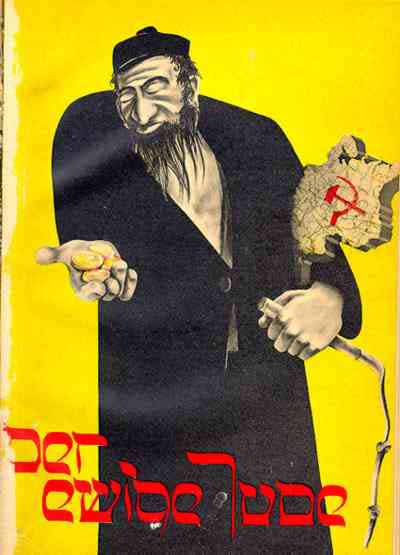An important issue in our modern day society is domestic workers, and how human rights affect them. Domestic workers in some cases are treated as modern day slaves which is unacceptable as they have equal rights as all other humans in the world. Currently, it is estimated there are 100 million slaves worldwide, and the numbers are growing. The average price for a slave today is 340 dollars, and the fact that humans are being sold as if they are possessions is a complete violation to their rights as domestic workers.
It impacts everyone who is associated with, or has a domestic worker, because some are mistreated, underpaid, and even abused, and that is a complete violation to their rights as human beings. Some surprises I have encountered in researching about domestic workers are that some workers are mistreated and they think it is ok, because they are not aware they have rights. Also the demand for domestic workers are rising in the world, so more illegal actions are taking place such as some being forced to work for free, and under atrocious conditions. The fact that shocked me the most was that some start working at the age of eight as domestic workers unwillingly.
Learning about this issue makes me feel sympathy for domestic workers, because they have families they are trying to provide for, and even though they aren't making a lot of money some are still content. Learning about this has also widened my understanding about how domestic workers are treated, and how their lives are in general. Also, learning about this issue really widened my eyes to the situation, gaining a deeper understanding of the lives of domestic workers.
It impacts everyone who is associated with, or has a domestic worker, because some are mistreated, underpaid, and even abused, and that is a complete violation to their rights as human beings. Some surprises I have encountered in researching about domestic workers are that some workers are mistreated and they think it is ok, because they are not aware they have rights. Also the demand for domestic workers are rising in the world, so more illegal actions are taking place such as some being forced to work for free, and under atrocious conditions. The fact that shocked me the most was that some start working at the age of eight as domestic workers unwillingly.
Learning about this issue makes me feel sympathy for domestic workers, because they have families they are trying to provide for, and even though they aren't making a lot of money some are still content. Learning about this has also widened my understanding about how domestic workers are treated, and how their lives are in general. Also, learning about this issue really widened my eyes to the situation, gaining a deeper understanding of the lives of domestic workers.



